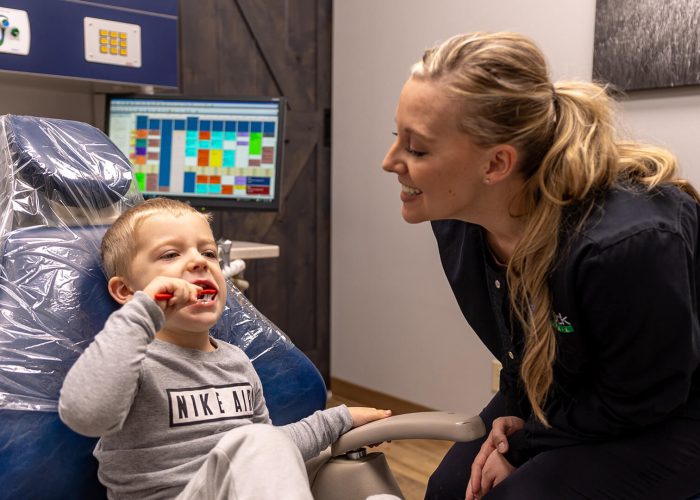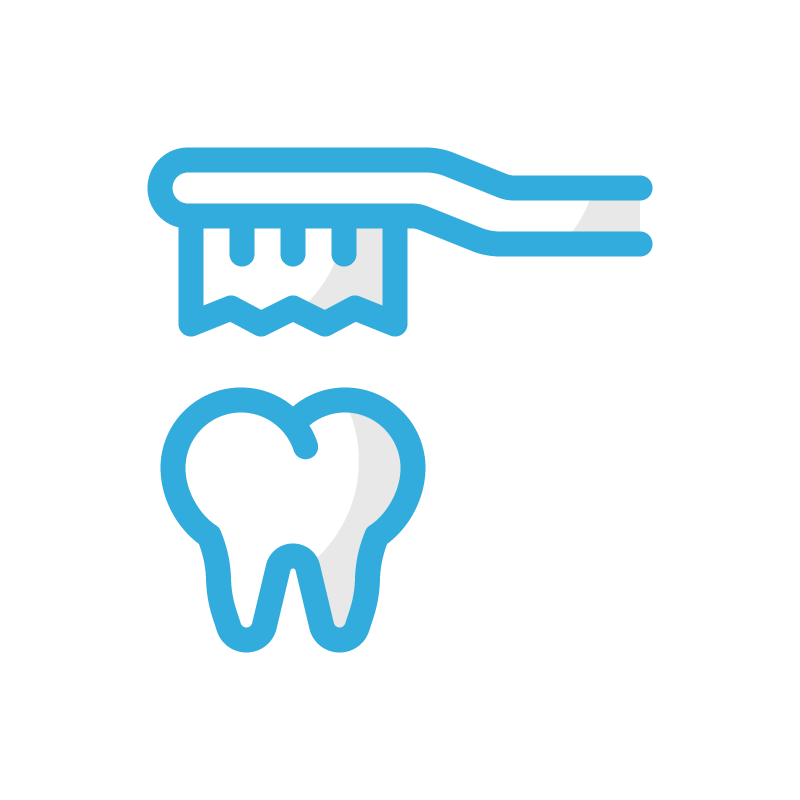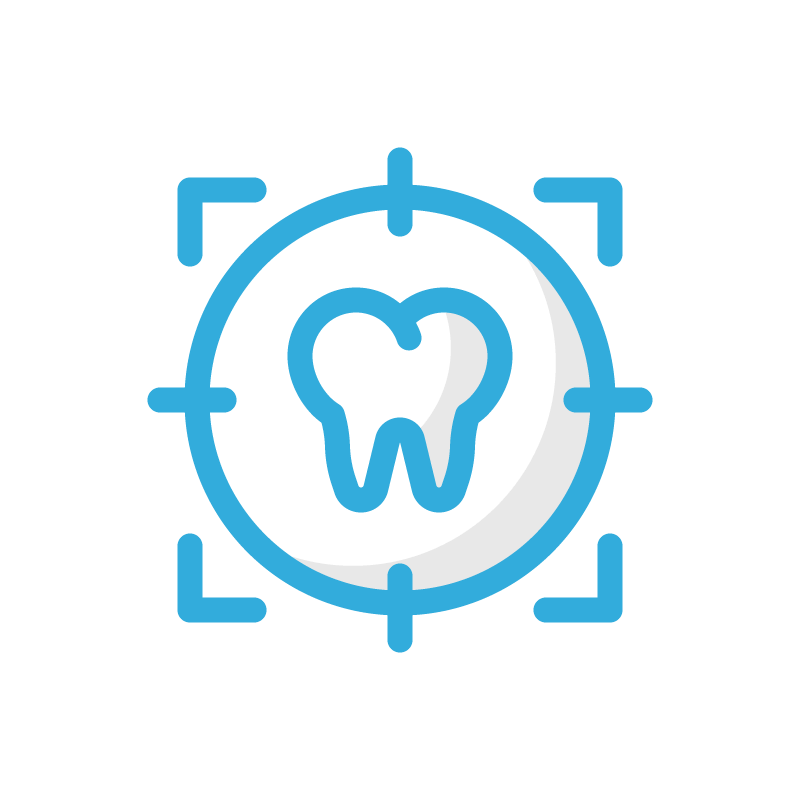- Services
- General and Family Dentistry
General and Family Dentistry

Happy, Healthy Smiles Start Here
Maintaining Healthy Smiles for the Entire Family
General and family dentistry covers a wide range of dental services for people of all ages. This includes preventive care like check-ups and cleanings, as well as treatments for common issues such as cavities and gum disease. Family dentists make it convenient for everyone in a family to receive consistent oral care, promoting lifelong dental health through routine visits.
General and Family Dentistry Services
A Family Friendly Foundation For Lasting Dental Health
Our services are marked by exceptional quality, combining expertise and compassion to deliver comprehensive care that ensures optimal oral health and lasting smiles for patients of all ages.

Preventative Checkups
Preventative checkups are crucial for keeping your smile healthy. These routine appointments include examinations and cleanings to catch and address potential issues early. By identifying problems promptly, these checkups help prevent more extensive and costly treatments. They also provide an opportunity for oral hygiene education, supporting good at-home care and promoting overall dental well-being.

Wisdom Teeth and Tooth Extractions
Wisdom teeth, also known as third molars, typically emerge in late adolescence or early adulthood. These molars can often cause complications due to lack of space in the jaw, leading to pain, misalignment, or infection. Tooth extractions, including wisdom teeth, become necessary in such cases. The extraction procedure involves numbing the area with anesthesia and removing the problematic tooth. While some people may not experience issues with their wisdom teeth, others may require extraction to prevent discomfort or maintain oral health. Dentists carefully assess the situation, and if extraction is recommended, it is a routine and generally well-tolerated procedure that alleviates potential dental problems associated with wisdom teeth.

Root Canals
Root canals are designed to treat infections or damage within the pulp of a tooth. The pulp, located at the center of a tooth, contains nerves, blood vessels, and connective tissue. When the pulp becomes infected or inflamed due to issues like deep cavities or fractures, a root canal is recommended to save the tooth. During the procedure, the dentist removes the infected pulp, cleans the canal, and seals it to prevent further infection. Despite the common perception of root canals being painful, advancements in dental technology and anesthesia have made the procedure relatively comfortable for patients. Root canals are crucial in preserving natural teeth and alleviating the pain associated with dental infections.


